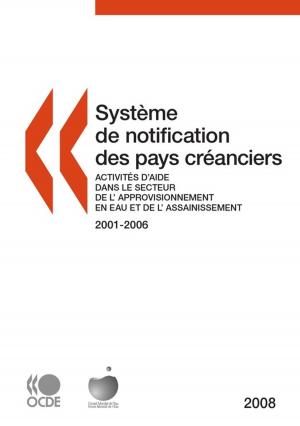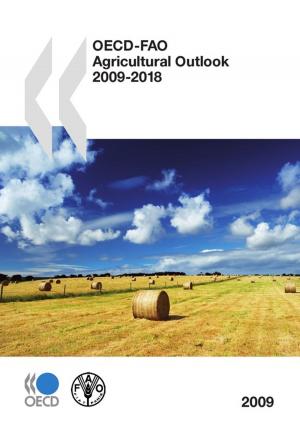Indigenous Employment and Skills Strategies in Canada
Business & Finance, Career Planning & Job Hunting, Labor| Author: | Collectif | ISBN: | 9789264305892 |
| Publisher: | OECD | Publication: | September 24, 2018 |
| Imprint: | OECD | Language: | English |
| Author: | Collectif |
| ISBN: | 9789264305892 |
| Publisher: | OECD |
| Publication: | September 24, 2018 |
| Imprint: | OECD |
| Language: | English |
This report looks at a range of key labour market, economic and social indicators related to Canada’s growing Indigenous population, which comprises First Nations, Inuit and Métis. In 2016, there were over 1.6 million Indigenous People in Canada, accounting for 4.9% of the total population, which is a significant increase from 3.8% in 2006. The report looks at the implementation of the federal government’s Indigenous Skills and Employment Training Strategy through in-depth analysis across four case study areas, including 1) the Centre for Aboriginal Human Resources and Development in Winnipeg, Manitoba; 2) Community Futures Treaty Seven in Calgary, Alberta; 3) MAWIW Council in Fredericton, New Brunswick; and 4) Kiikenomaga Kikenjigewen Employment and Training Services (KKETS) in Thunder Bay, Ontario. The report highlights critical success factors to better link Indigenous People to high quality jobs while also providing recommendations regarding future labour market and skills programming for Indigenous People in Canada.
This report looks at a range of key labour market, economic and social indicators related to Canada’s growing Indigenous population, which comprises First Nations, Inuit and Métis. In 2016, there were over 1.6 million Indigenous People in Canada, accounting for 4.9% of the total population, which is a significant increase from 3.8% in 2006. The report looks at the implementation of the federal government’s Indigenous Skills and Employment Training Strategy through in-depth analysis across four case study areas, including 1) the Centre for Aboriginal Human Resources and Development in Winnipeg, Manitoba; 2) Community Futures Treaty Seven in Calgary, Alberta; 3) MAWIW Council in Fredericton, New Brunswick; and 4) Kiikenomaga Kikenjigewen Employment and Training Services (KKETS) in Thunder Bay, Ontario. The report highlights critical success factors to better link Indigenous People to high quality jobs while also providing recommendations regarding future labour market and skills programming for Indigenous People in Canada.















